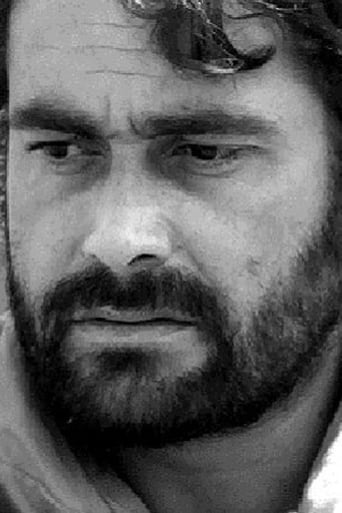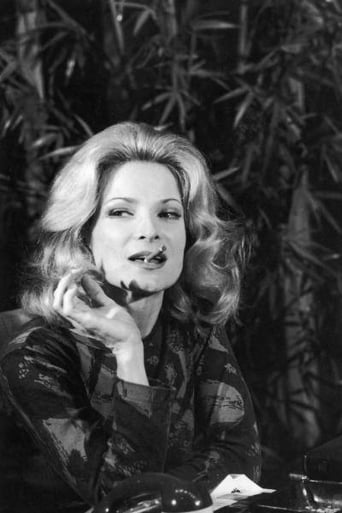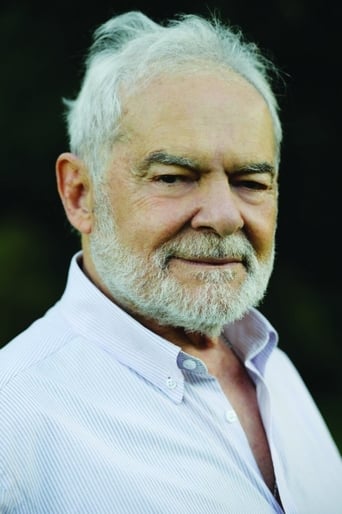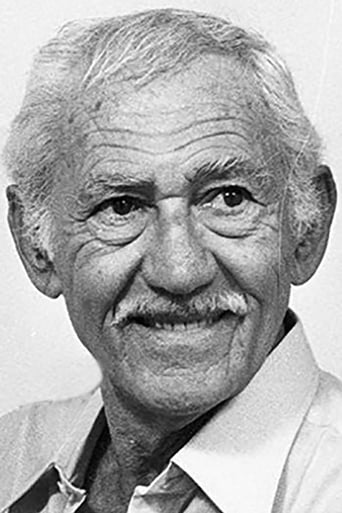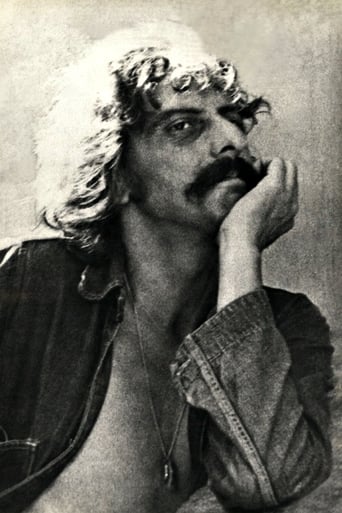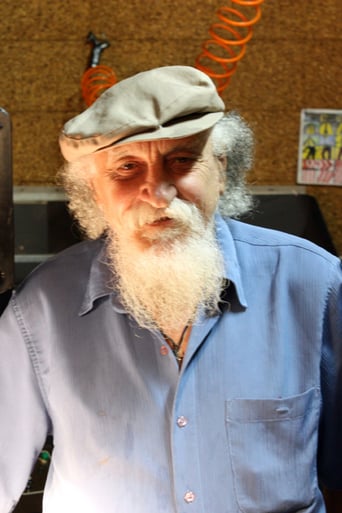chaos-rampant
Okay so life is floating with shards of narrative, image, roles, history; obvious stuff that we all use to define self. There's nothing you can pick that doesn't entangle with threads going deeper, everything interdependent. The difference between lesser films and great is the first pick from the surface and arrange neatly into pleasant shape, diversions; great ones from deep within and disentangle the cluster, reveal our place. This is muddled as one review here says because it drags out threads from a corner of its own world, it falls on us to familiarize ourselves or not. Dated too, perhaps, because they're political threads we've left behind in their mess as no longer relevant and holding answers, so focus on the effort of revealing a tapestry. See here. A mountain bandit, last of his kind, and the bounty hunter hired to kill him, the place is a windswept plateau in a remote area of the Andes. But this is only the tip of the thread plucked from a popular folk legend in Brazil about bandits, as outlaws often are the subject of. Now see what the filmmaker pulls out beneath this, the bandit preaching to a poor mob about jailing the jailers and feeding the hungry, against oppression. It was I think Bakhunin who said brigands were the first true revolutionaries, outside confines. A revolutionary then, but in this context the subject of myth, of popular belief in a tradition of heroism. More entangling of iconography ahead. Instead of giving us a virtuous hero the way Soviets portrayed their Red Army officers and peasant heroes in the 1920s, he gives us a seething blowhard who proves to be below the heroic circumstances, as so often they do, fraying the symbol with life. No path is cut through oppression and yet it is his failure that inspires by revealing the extent of oppression. There's a lot of theatric writhing in all this, dissonant dances, cacophony, this is Rocha's way of fraying everything as he drags it out of pageantry to have life; not as special as Pasolini, similar aim. There's of course a corrupt mayor who has the town in a stranglehold with his stooges, another symbol of oppression this time, but not probed beyond its cruelty. No the real character who will have to brood over his place in a world and system where symbols prove to be small is the bounty- hunter, more reflection here. Rocha always questions, reflects in order to. But again how brilliantly he pushes out from the fabric images and iconography that question. The dead body is propped up on a tree as an icon anyway even if the actual person proved below the circumstances. The revolution does take place in the small village, the yoke of tyranny is overthrown, but what shape does it take? Rocha dips his hands in myth again and pulls out a whimsical western shootout with our hero shooting down dozens of henchmen, another iconic image, another narrative of popular belief. So a more esoteric subject whereas Pasolini and Herzog strive for cosmic miracle, but as profound and similar in the transformative tangle of reality and myth. I want to summarize Rocha here as I conclude my journey through his work with this. His main thrust is always political, not much interesting to me in itself. Ideals are rigid, mere devices on paper, hopeful signposts that turn rebirth into scholasticism. Rocha knows this, incessantly challenges both left and right, attacks the complacent views, demands an ambiguous life. Alert mind that uses politics to question politics, to question image, narrative, belief. So our worldviews are apart in particulars, he entangles the neatly arranged fictions, I'm looking into our ability to float free of fictions; but I'm glad to know him and always impressed by his ardor when our paths cross.
anithomas_d
this is one of the most beautiful films that i have come across. The beautifully changing styles of narration to get to a complete absurd or a rather dream like experience at the end of the film makes it one of the most beautiful essay on form. a must watch for anyone who is interested in understanding how a narrative style can change in the process of a film. glauber rocha is like a magician who brings out the pigeon from nowhere and turns into a rabbit and makes it into a formation of a cloud. it is pure poetry.The characters for Rocha are pure ideas, the movements and kinesics , takes them out of the fences of realism to the level of an oral narrative or a mythical one for that matter. As the movie progresses it turns, it can be best said, to take up the form of a folk dance.it is a normal phenomena to notice the drop outs in the first quarter of the film,before the turn over starts. the wrong perception created by the experiences of the various films that had ruled our viewings.at the end i will like to say it is a sure treat for anyone interested in the grammar and language of cinema.
walkerr
Went into this one not really knowing what to expect. I'm no student of Brazilian history, and am sure this meant many allusions and much else that was interesting about the film passed me by. There were stretches where I felt my eyelids drooping (this was after a couple of beers, admittedly). However, some of the imagery is breathtaking, and the final ten minutes are just astonishing. I would watch it again for the end alone. Music too is great, particularly the final snatch of song/narration. Audience (half Brazilian, half staid English types like myself) was fairly bopping in the aisles...
Æthelred
I was amazed to see that others have given this movie an average rating of 8.5 out of 10. It's extremely dated, confusing, and quite silly. Some people walked out of it when it showed at the Pacific Film Archive in Berkeley, Calif., USA, recently. And that audience represents the acme of film buffs and connoisseurs --people who can tolerate almost anything.

